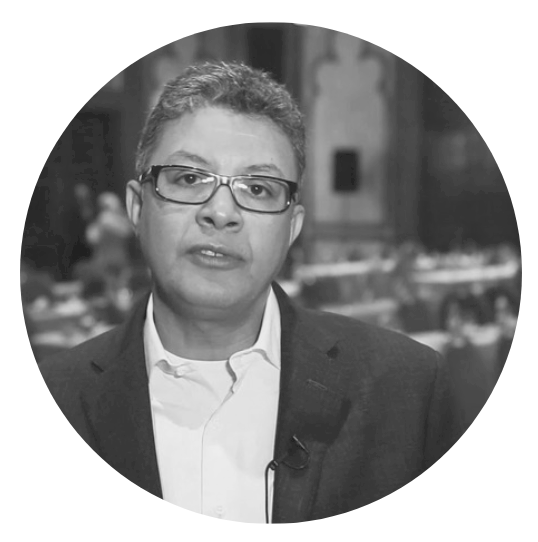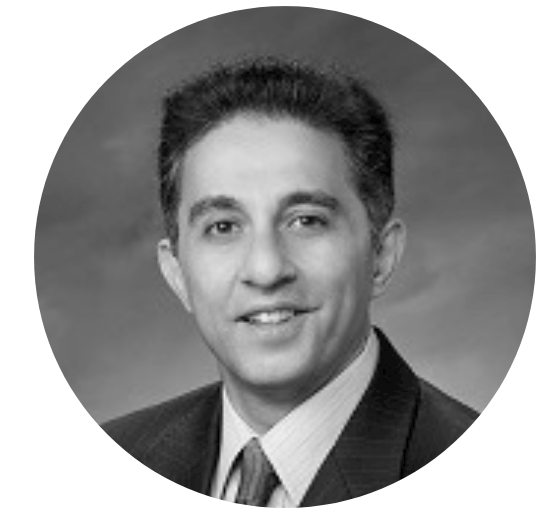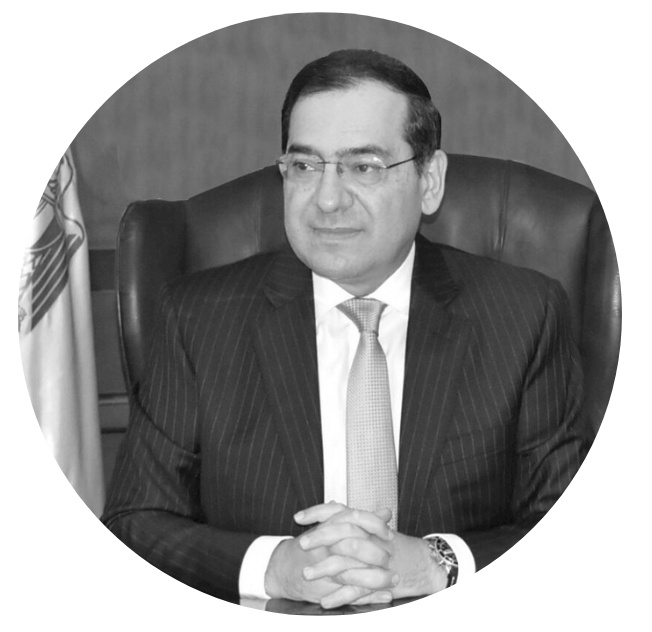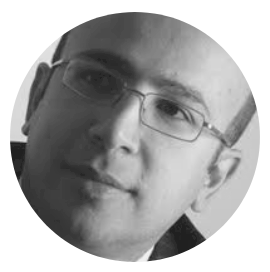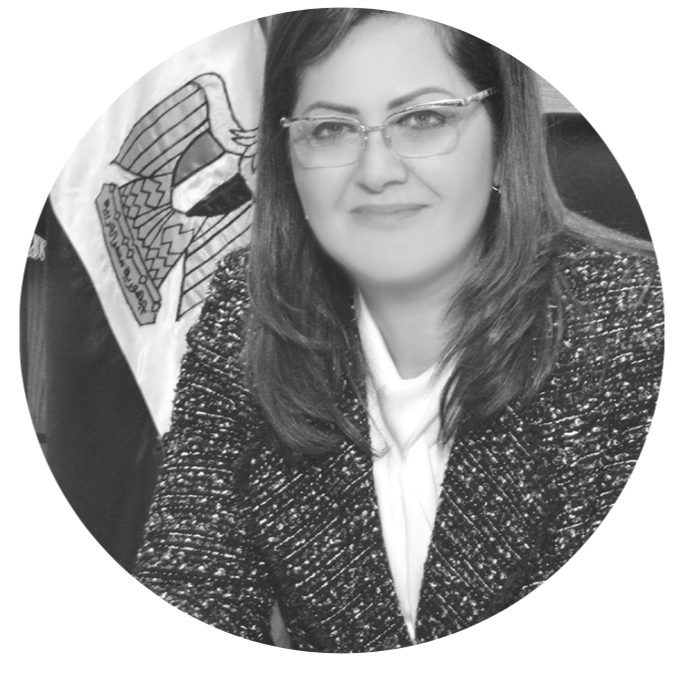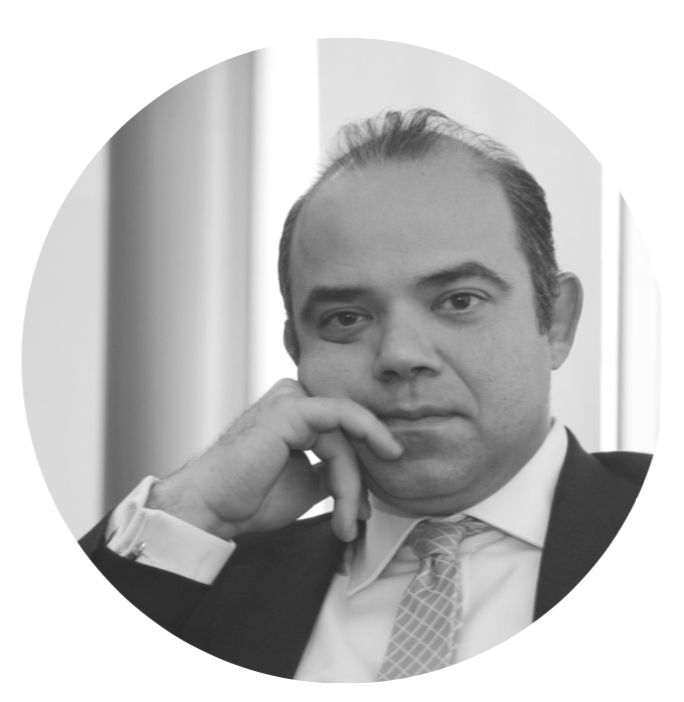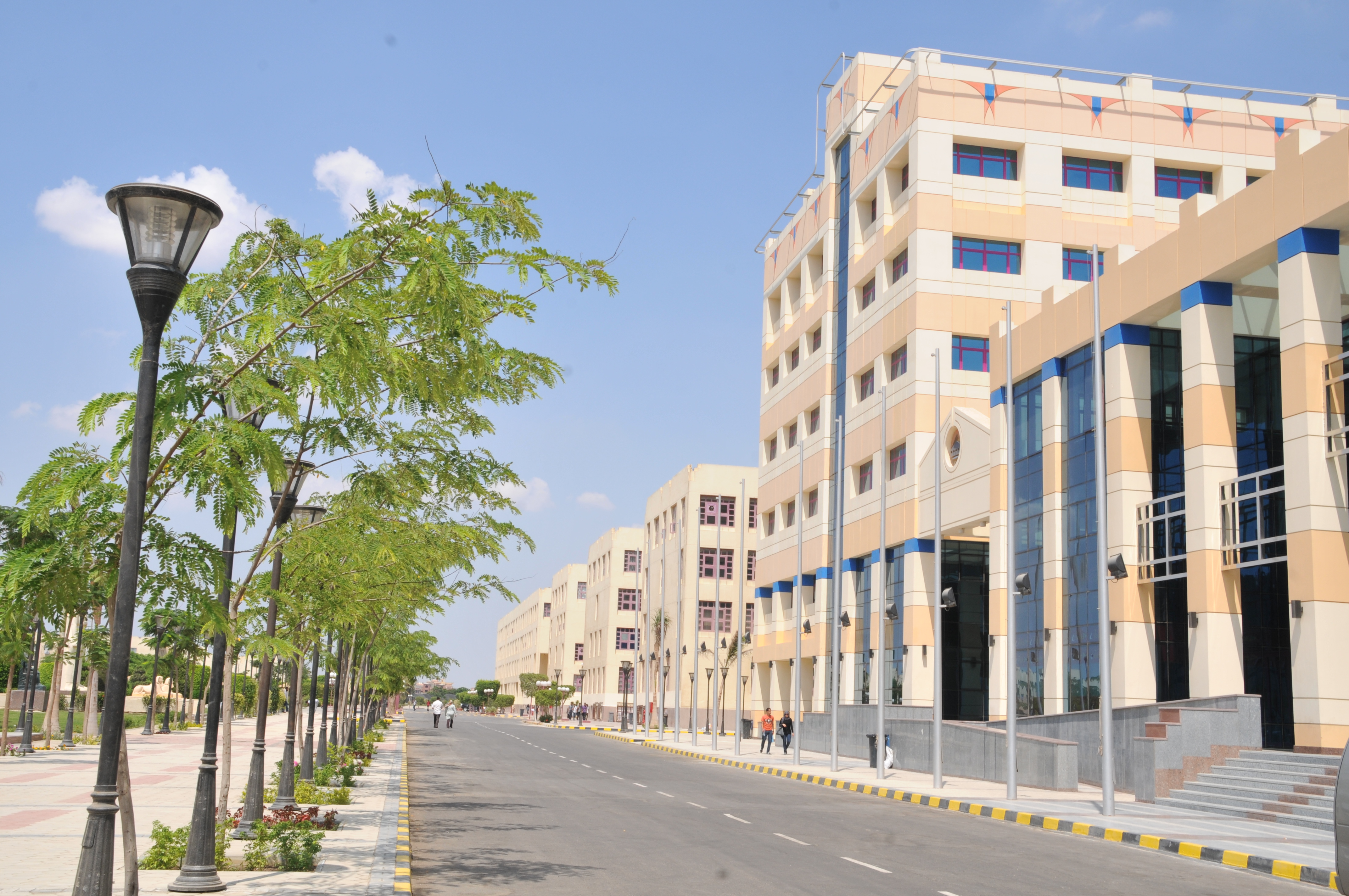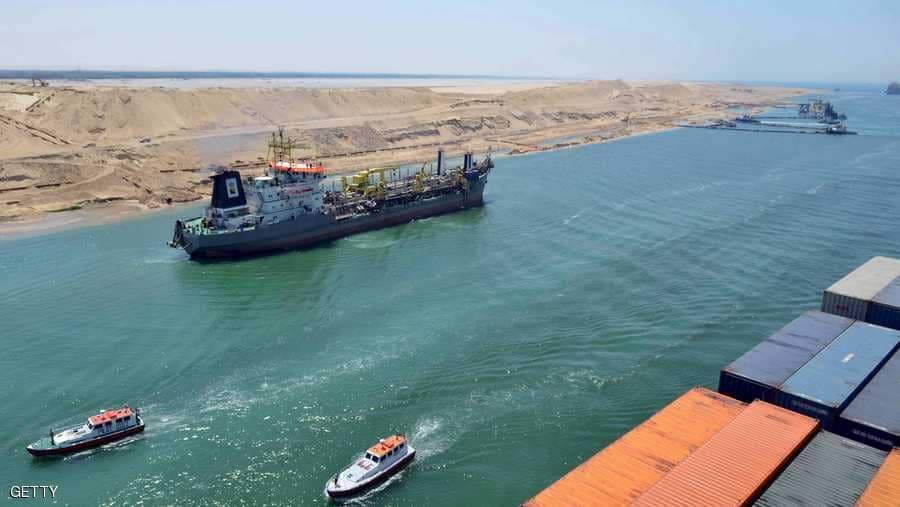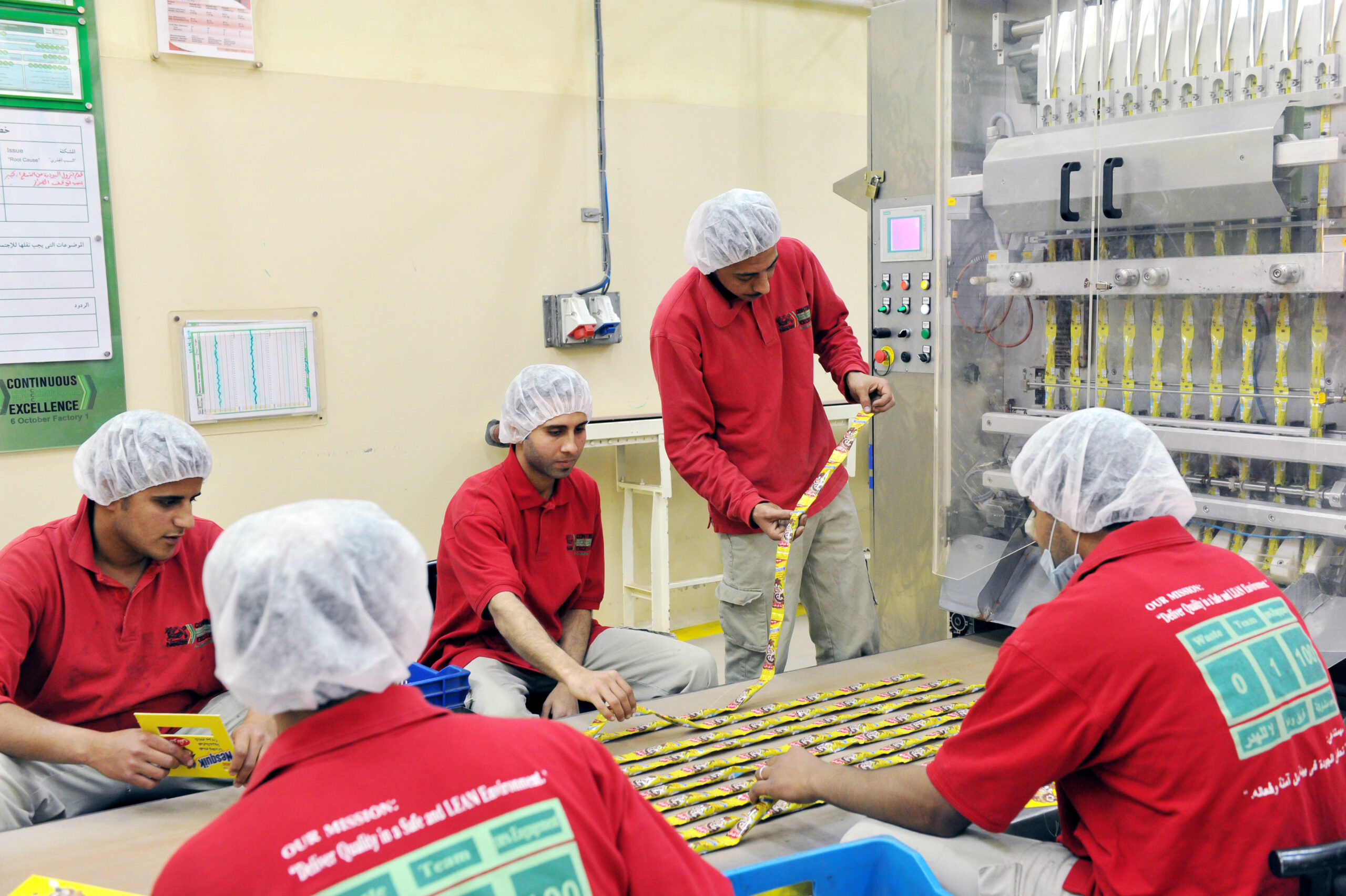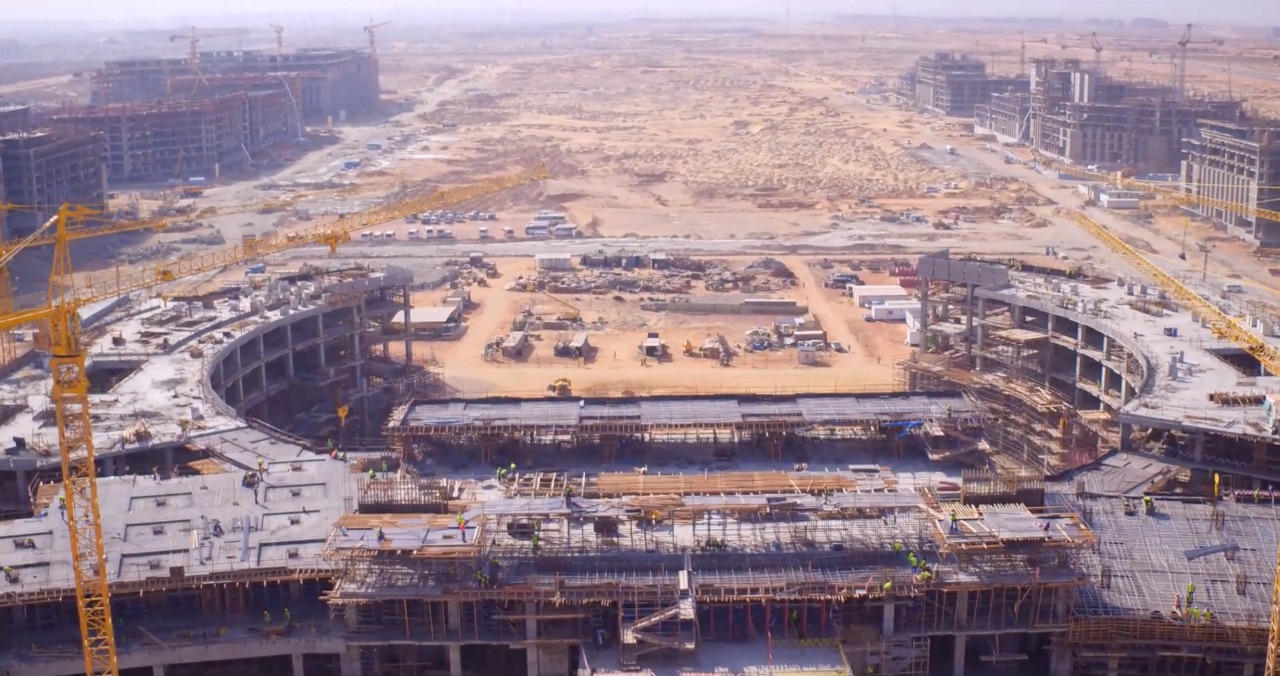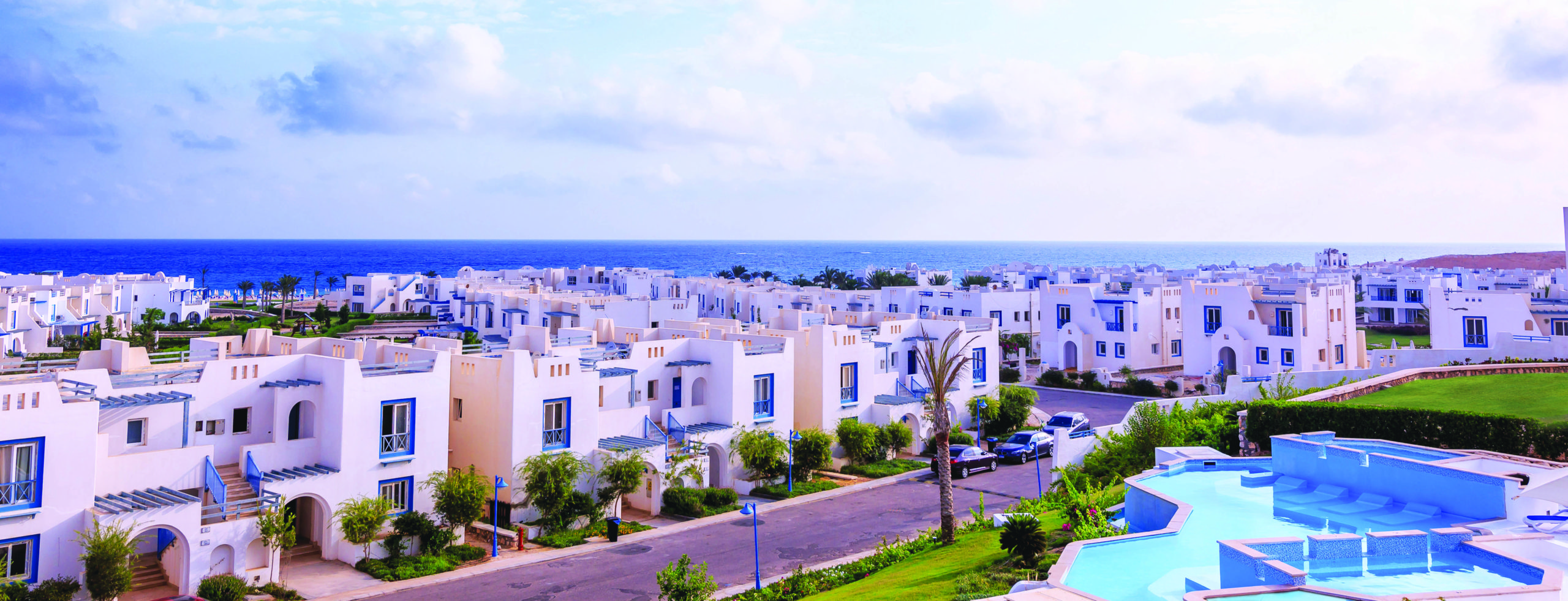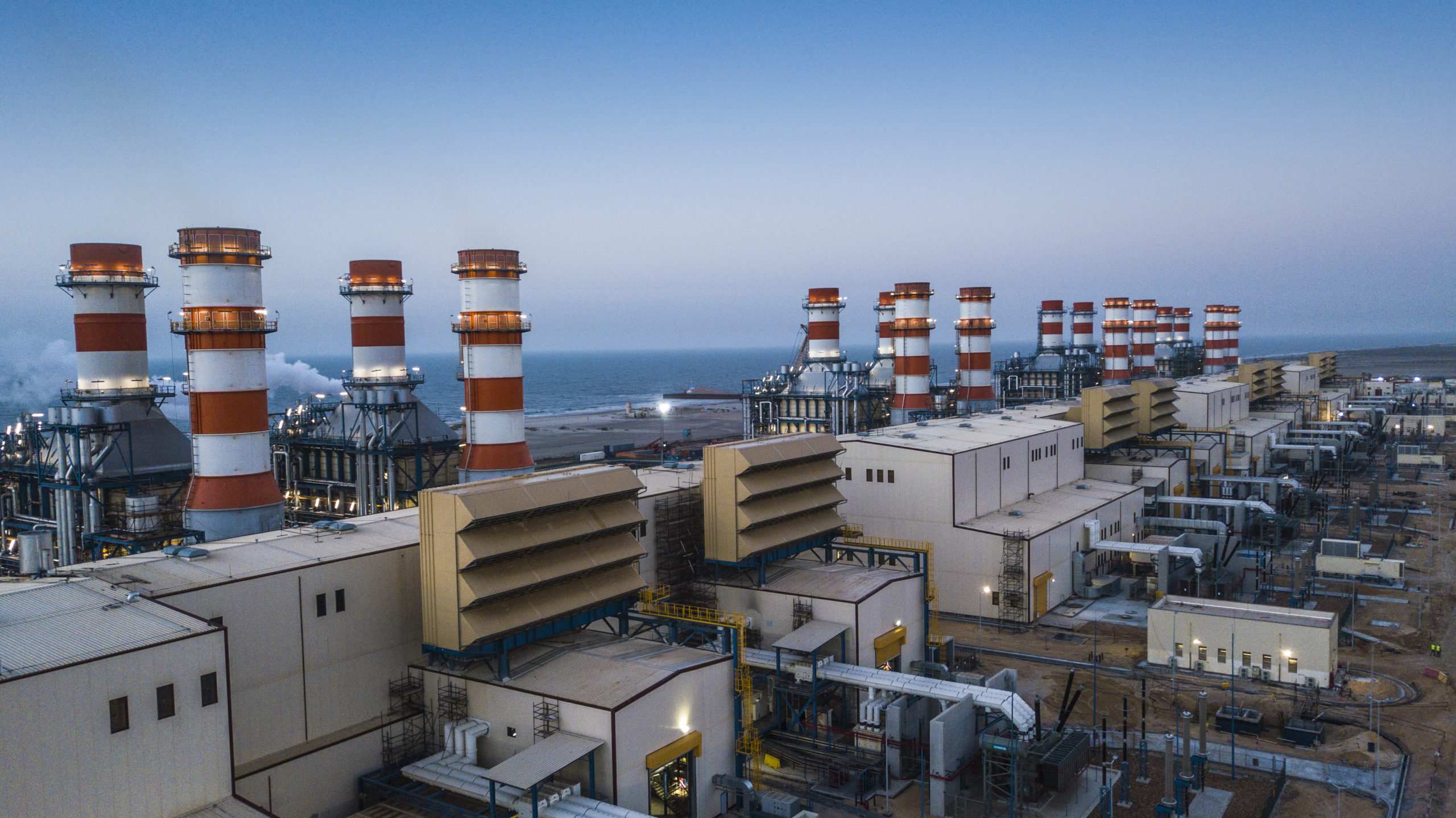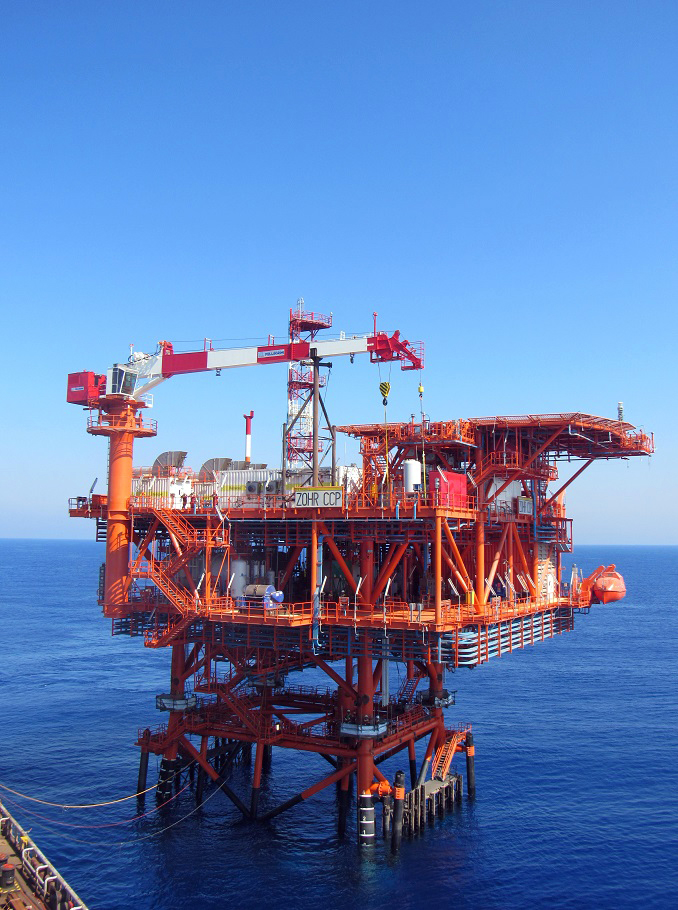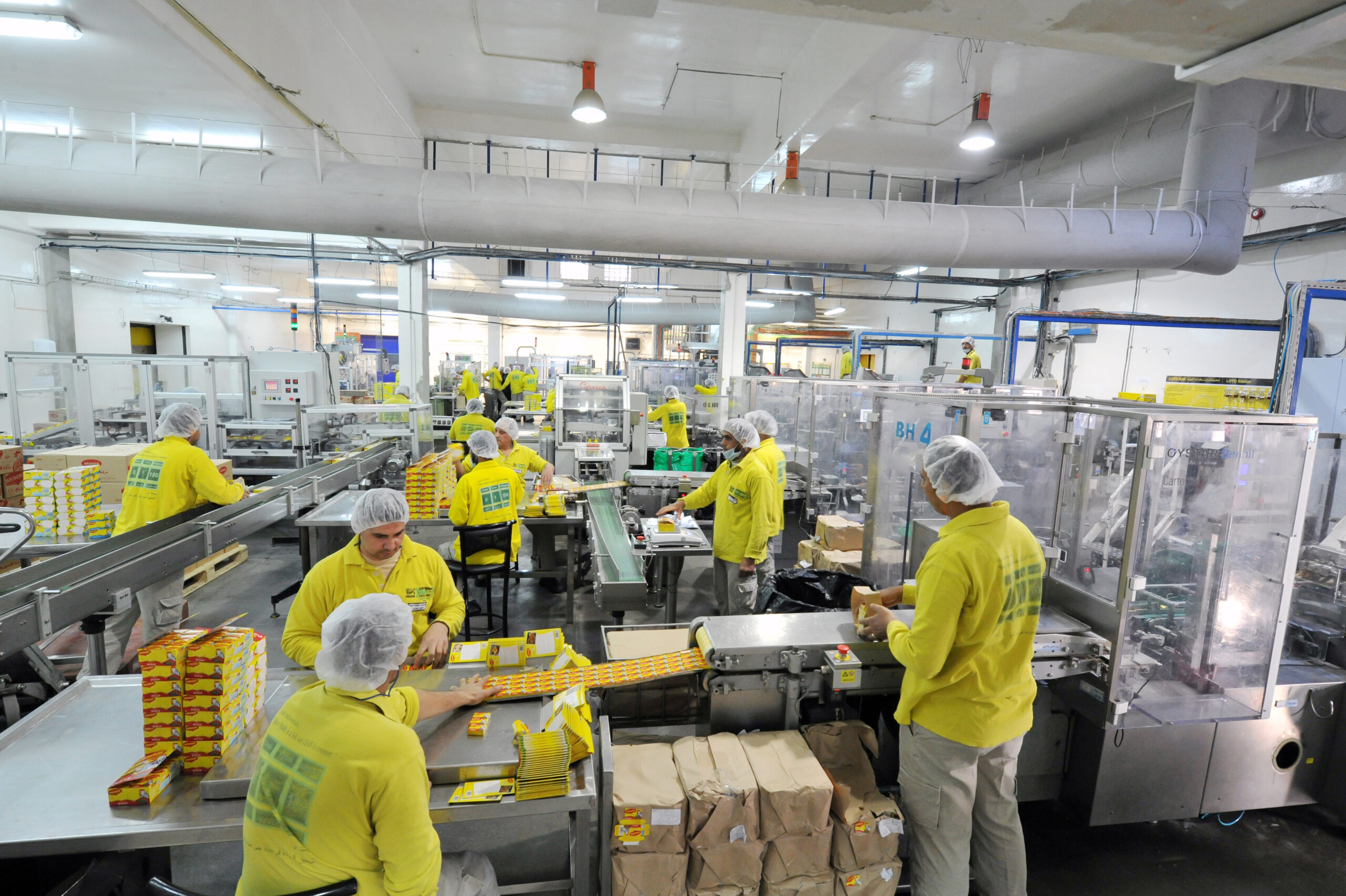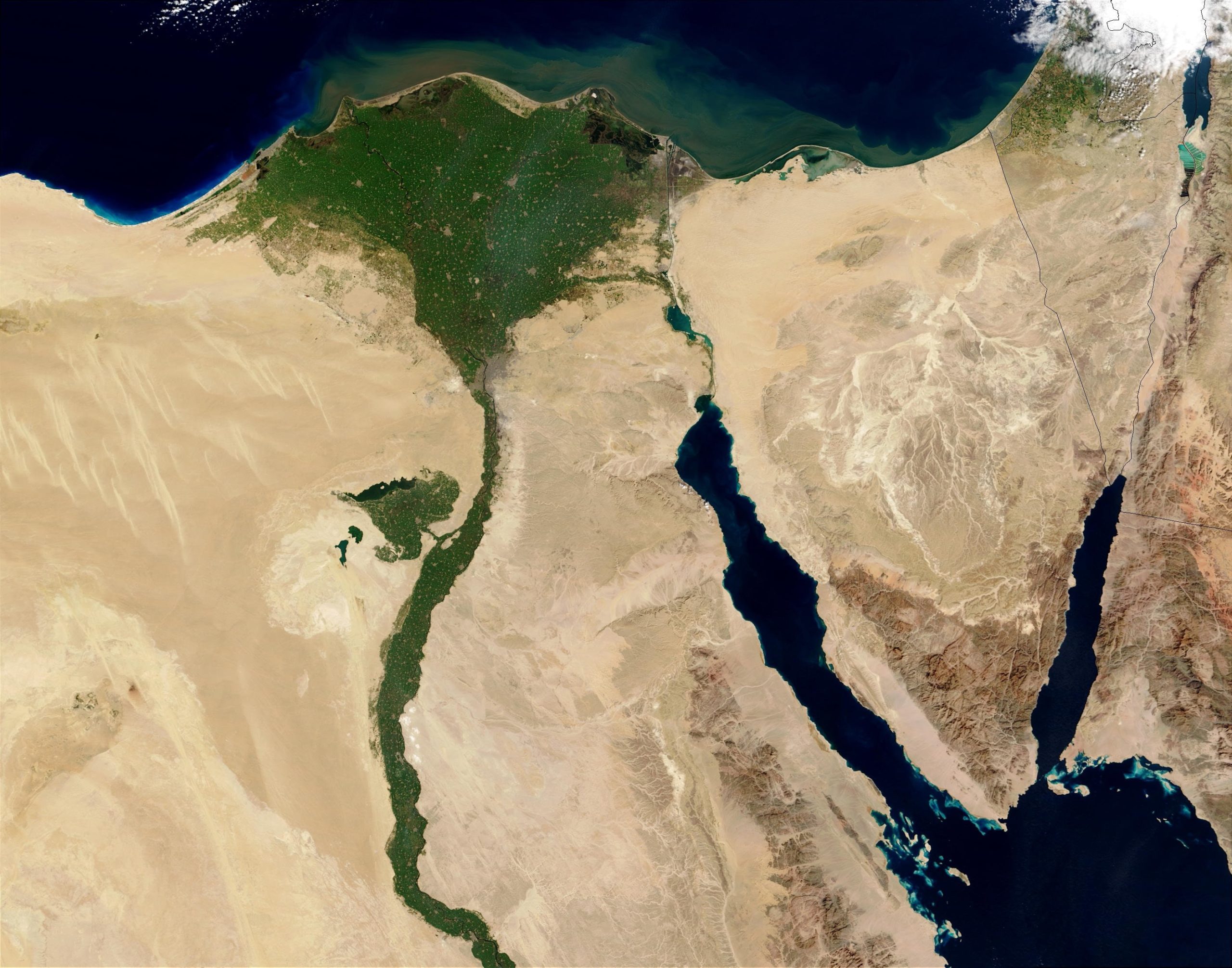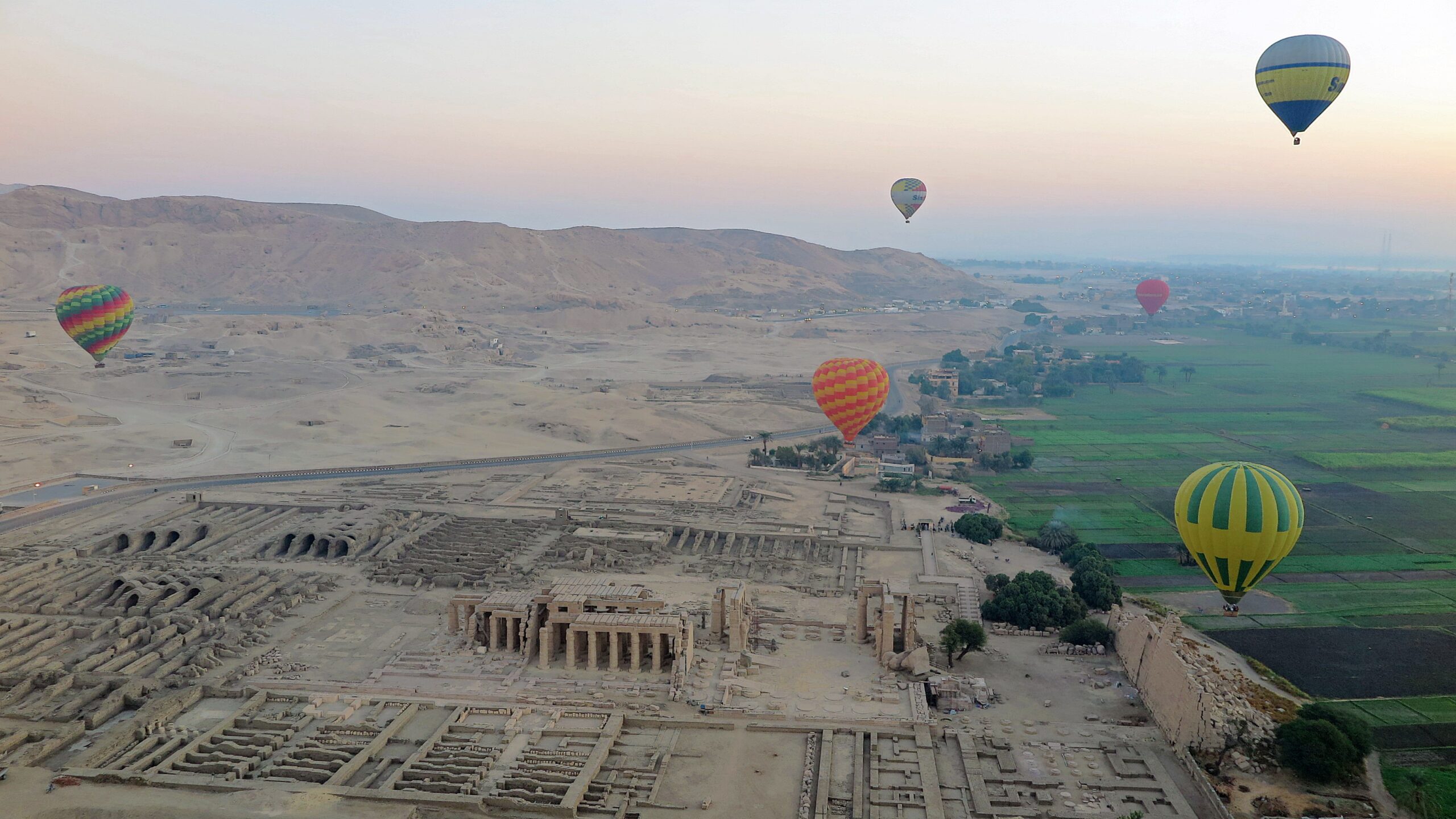Singularity Academy: a humanity-centered hybrid research and educational institute

Singularity Academy believes in humanity’s boundless potential and the relentless pursuit of excellence. Embracing its mission to help singularity members identify their humanity-centered singular growth path, the Academy has emerged as a vanguard in the field of novel education, reshaping conventional paradigms and nurturing the minds of tomorrow.

Singularity Academy
Singularity Academy is headquartered in Zurich, with campuses across Switzerland, the Netherlands, and Germany. It is a newly developed hybrid research and educational institute offering K-12 education consultation, higher education, and continuous lifelong learning. Dr. Ying Zhang, the founding dean of Singularity Academy and professor on sustainability and entrepreneurship, together with her leadership team gathered world-level experts, coaches, and mentors to merge knowledge, be at the frontier of research and sustainability, and position the Academy with the best global practices. Offering a holistic and tailor-made approach to learning, Dr. Zhang stated, “We’re treating every student as if they’re our family and child, offering unparalleled attention and individualization – creating a positive educational revolution and improving our students’ mental and physical health.”
Swiss academia and education have played a pivotal role in empowering youth and adapting to prepare future generations for the challenges of tomorrow effectively. However, after twenty years of working in the higher education sector, Dr. Zhang noticed some setbacks. She stated, “The training track for educators and evaluation standards are too one-dimensional – blocking the role of academia to collaborate with industry truly. For instance, it cannot be easy to convert the skills and knowledge students are learning to real practice, and it is further challenging to convert this to innovation in the marketplace. Although many traditional universities have scientific output, converting most of them to concrete and down-to-earth innovation can often be impossible. This is something we’re focusing on at Singularity Academy.”
Dr. Zhang added, “The education sector needs to evolve. Students are not properly engaged in the classroom. This is partly because primary to middle school content is similar to 60 years ago – made for the requirement of mass production-focused corporations during industrialization. Today’s curriculum does not reflect today’s society, and AI and digitalization are underrepresented. The foundation of training for teachers and professors is also dated, creating a ripple effect across the entire educational ecosystem.”
Founded on principles of interdisciplinary collaboration and cutting-edge research, Singularity Academy strives to transcend the confines of traditional education. Its tailor-made curriculum, meticulously crafted to foster creativity and critical thinking, challenges young minds to explore the frontiers of science, technology, and beyond. From artificial intelligence to biotechnology, students are immersed in a dynamic learning environment that empowers them to confront the complexities of the modern world.
At the heart of Singularity Academy’s ethos lies a commitment to enabling global citizens. Drawing upon Switzerland’s cultural tapestry and spirit of innovation, the Academy cultivates a diverse community of scholars poised to shape history. Through collaborative projects and immersive experiences, students engage with peers of all ages from around the world, forging lasting connections and gaining invaluable insights into the interconnectedness of global society.
Sixty percent of students at the world’s leading universities have experienced varying degrees of mental health issues, including depression and anxiety. Dr. Zhang added, “With a holistic educational approach, we can upgrade our members’ future well-being. We have different committees to thoroughly analyze each pupil before helping them set out their individualized curriculum. Committee members are highly knowledgeable and include scholars, doctors, and psychologists to comprehend each student’s 360 degrees. Our three hospitals and well-being clubs, just as an additional facility, are under our system to help our students keep their health stable. Only after a complete evaluation of each student do we develop a customized, overarching-themed program to ensure that students develop themselves and become noble and responsible humans.”
She continued, “Our value chain incubates students to become entrepreneurs. We have a strong group of C-level coaches guiding them to avoid pitfalls. We help students create feasibility analyses to see what resources they may need and try to help them access those resources. This support helps their businesses succeed compared to their peers from traditional universities.”
Central to Singularity Academy’s pedagogical approach is the concept of singularity and helping its members identify their humanity-centered, sustainable, and infinite growth. In the future, technological advancement may reach a point of exponential growth, fundamentally altering the fabric of human existence. With this vision as its guiding light, the Academy equips students with the skills and knowledge necessary to navigate the complexities of an ever-evolving world. By embracing uncertainty and embracing the unknown, students emerge as trailblazers poised to lead humanity into uncharted territory.
In an era defined by rapid technological advancement and unprecedented global challenges, the role of education has never been more crucial. Singularity Academy inspires a new generation of thinkers and innovators to harness the power of knowledge for the greater good. It represents a bold vision for the future of education—one that transcends boundaries and empowers individuals to realize their full potential. As the world stands on the precipice of a new age, educators and leaders are suggested to look at institutions like Singularity Academy for more inspiration.

